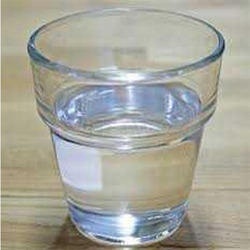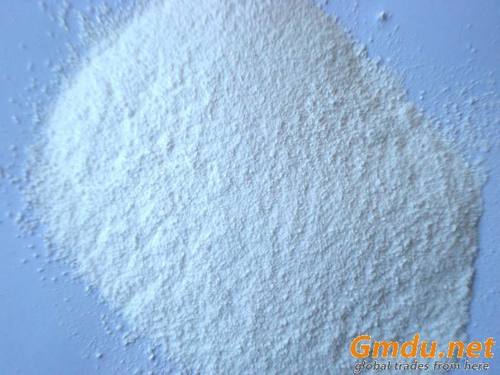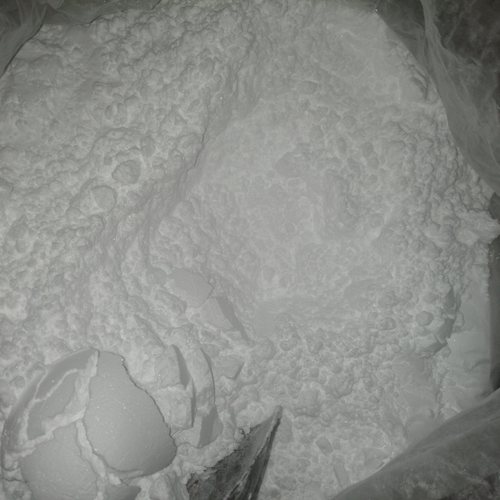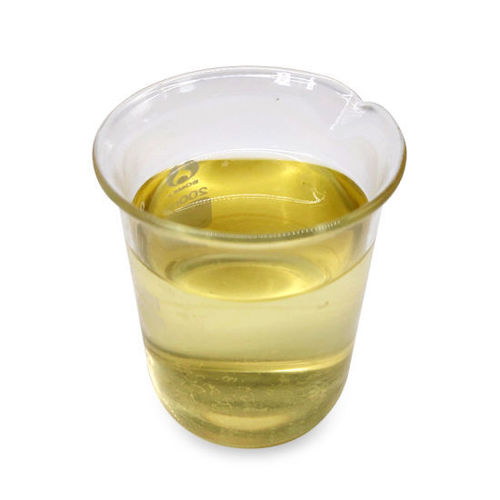Welcome to Our Company
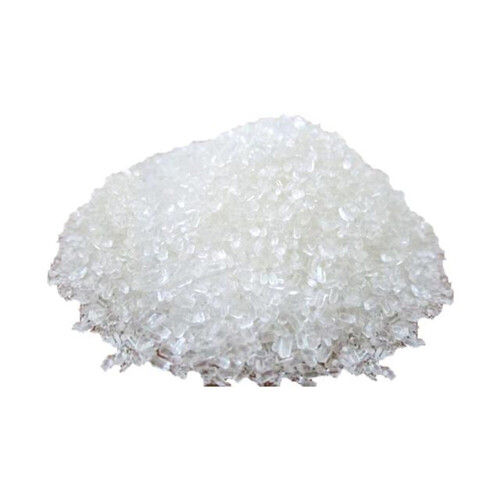
Alpha Lipoic Acid
Product Details:
- Storage Room Temperature
- Purity 99%
- Solubility Water Soluble
- Physical Form Granule
- Application Industrial
- Click to View more
X
Alpha Lipoic Acid Price And Quantity
- 1 Kilograms
Alpha Lipoic Acid Product Specifications
- Room Temperature
- Granule
- 99%
- Water Soluble
- Industrial
Alpha Lipoic Acid Trade Information
- 100 Kilograms Per Day
- 1 Week
Product Description
Alpha-lipoic acid (ALA) is a natural compound that functions as a potent antioxidant in the body. It is also known as thioctic acid and can be found in certain foods and made by the body. ALA plays a crucial role in energy metabolism, specifically in the conversion of glucose into energy. It is both water and fat-soluble, allowing it to work effectively in various parts of the body.
Here are some key points about alpha-lipoic acid:
1. Antioxidant properties: One of the main functions of ALA is its antioxidant capacity. It neutralizes free radicals, which are unstable molecules that can cause damage to cells and tissues. By doing so, ALA helps protect the body against oxidative stress and helps reduce the risk of various chronic diseases associated with oxidative damage.
2. Blood sugar regulation: Alpha-lipoic acid is believed to enhance insulin sensitivity and may help improve glucose uptake by cells. This can be beneficial for people with type 2 diabetes or those at risk of developing insulin resistance.
3. Neuroprotective effects: Some studies suggest that Alpha-lipoic acid may have neuroprotective properties, meaning it could potentially help protect nerve cells from damage and support overall neurological health. As a result, there is ongoing research exploring its potential in conditions like Alzheimer's disease and peripheral neuropathy.
4. Weight loss support: Alpha-lipoic acid has been investigated for its possible role in weight management. Some studies suggest it might aid in weight loss and improve body composition, but more research is needed in this area.
5. Food sources: Alpha-lipoic acid can be found in small amounts in foods such as spinach, broccoli, yeast, liver, kidney, and potatoes. However, it is challenging to obtain sufficient levels through diet alone, so some people use supplements.
6. Supplement use: ALA supplements are available in various forms, such as capsules or tablets. It is often sold as an individual supplement or as part of a multivitamin or antioxidant complex.
7. Safety and side effects: Alpha-lipoic acid is generally considered safe for most people when taken in appropriate doses. However, some individuals may experience mild side effects, such as stomach upset or skin rash. It is always best to consult with a healthcare professional before starting any new supplement.
As with any supplement or health intervention, it is crucial to use alpha-lipoic acid responsibly and under the guidance of a healthcare professional, especially if you have pre-existing health conditions or are taking other medications.
Applications of Alpha Lipoic Acid:
1. Antioxidant Support: As a powerful antioxidant, ALA helps neutralize free radicals and protect cells from oxidative damage. This property makes it useful in supporting overall health and reducing the risk of chronic diseases associated with oxidative stress.
2. Diabetes and Blood Sugar Regulation: ALA has been studied for its potential role in improving insulin sensitivity and glucose metabolism. It may help individuals with type 2 diabetes by enhancing glucose uptake in cells and improving insulin function.
3. Nerve Health and Neuropathy: Alpha-lipoic acid has been used in the treatment of diabetic neuropathy, a condition characterized by nerve damage and pain. Some studies have shown that ALA can help reduce symptoms such as burning, tingling, and numbness in the extremities.
4. Cognitive Function and Brain Health: There is some evidence suggesting that ALA may have neuroprotective properties, which could be beneficial in supporting brain health and potentially reducing the risk of neurodegenerative diseases like Alzheimer's.
5. Weight Management: Some research has explored the potential of Alpha-lipoic acid in aiding weight loss and improving body composition. It is believed to enhance energy metabolism and may have a positive impact on weight management efforts.
6. Skin Health: As an antioxidant, alpha-lipoic acid can protect the skin from oxidative stress and may help reduce signs of aging caused by free radicals. It is sometimes used in topical skincare products for its potential benefits.
7. Liver Health: ALA has been studied for its potential role in protecting the liver from damage caused by toxins and promoting liver function. It may be beneficial in conditions such as non-alcoholic fatty liver disease (NAFLD) or alcoholic liver disease.
8. Eye Health: Some studies have suggested that ALA might be beneficial in supporting eye health, particularly in conditions like glaucoma.
9. Radiation Protection: Preliminary research indicates that alpha-lipoic acid might have a protective effect against radiation-induced damage.
FAQ:
Q. What is Alpha Lipoic Acid (ALA)?
Ans: Alpha Lipoic Acid is a natural compound that acts as a potent antioxidant in the body. It is involved in energy metabolism and has both water and fat-soluble properties.
Q. What are the primary sources of ALA?
Ans: Small amounts of Alpha-lipoic acid can be found in foods like spinach, broccoli, yeast, liver, kidney, and potatoes. However, it's challenging to obtain sufficient levels through diet alone.
Q. What are the potential health benefits of ALA?
Ans: Alpha-lipoic acid has been studied for various health applications, including antioxidant support, blood sugar regulation, nerve health, cognitive function, weight management, and skin health.
Q. Can ALA help with diabetes?
Ans: Some research suggests that ALA may improve insulin sensitivity and glucose uptake in cells, making it potentially beneficial for individuals with type 2 diabetes.
Q. Is ALA effective for neuropathy?
Ans: Alpha-lipoic acid has been used to alleviate symptoms of diabetic neuropathy, such as burning, tingling, and numbness in the extremities, although individual responses may vary.
Q. How does ALA support brain health?
Ans: ALA's neuroprotective properties are believed to support brain health and may help reduce the risk of neurodegenerative diseases like Alzheimer's.
Q. Does ALA aid in weight loss?
Ans: Some studies indicate that ALA might aid in weight management and body composition, but more research is needed in this area.
Q. Is ALA used in skincare products?
Ans: Yes, Alpha-lipoic acid is sometimes used in topical skincare products for its antioxidant properties and potential benefits in reducing signs of aging caused by free radicals.
Q. Is ALA safe to use as a supplement?
Ans: ALA is generally considered safe for most people when taken in appropriate doses. However, some individuals may experience mild side effects, such as stomach upset or skin rash.
Q. Can ALA protect the liver?
Ans: Alpha-lipoic acid has been studied for its potential to protect the liver from damage caused by toxins and improve liver function, particularly in conditions like non-alcoholic fatty liver disease (NAFLD) or alcoholic liver disease.
Q. How does ALA act as an antioxidant?
Ans: ALA neutralizes free radicals, which are unstable molecules that can cause damage to cells and tissues, thereby protecting the body against oxidative stress.
Q. Is ALA effective in supporting eye health?
Ans: Some studies suggest that Alpha-lipoic acid might be beneficial in supporting eye health, particularly in conditions like glaucoma.
Q. Can ALA protect against radiation-induced damage?
Ans: Preliminary research indicates that Alpha-lipoic acid might have a protective effect against radiation-induced damage, although more studies are needed in this area.
Enter Buying Requirement Details

 English
English Spanish
Spanish French
French German
German Italian
Italian Chinese (Simplified)
Chinese (Simplified) Japanese
Japanese Korean
Korean Arabic
Arabic Portuguese
Portuguese
